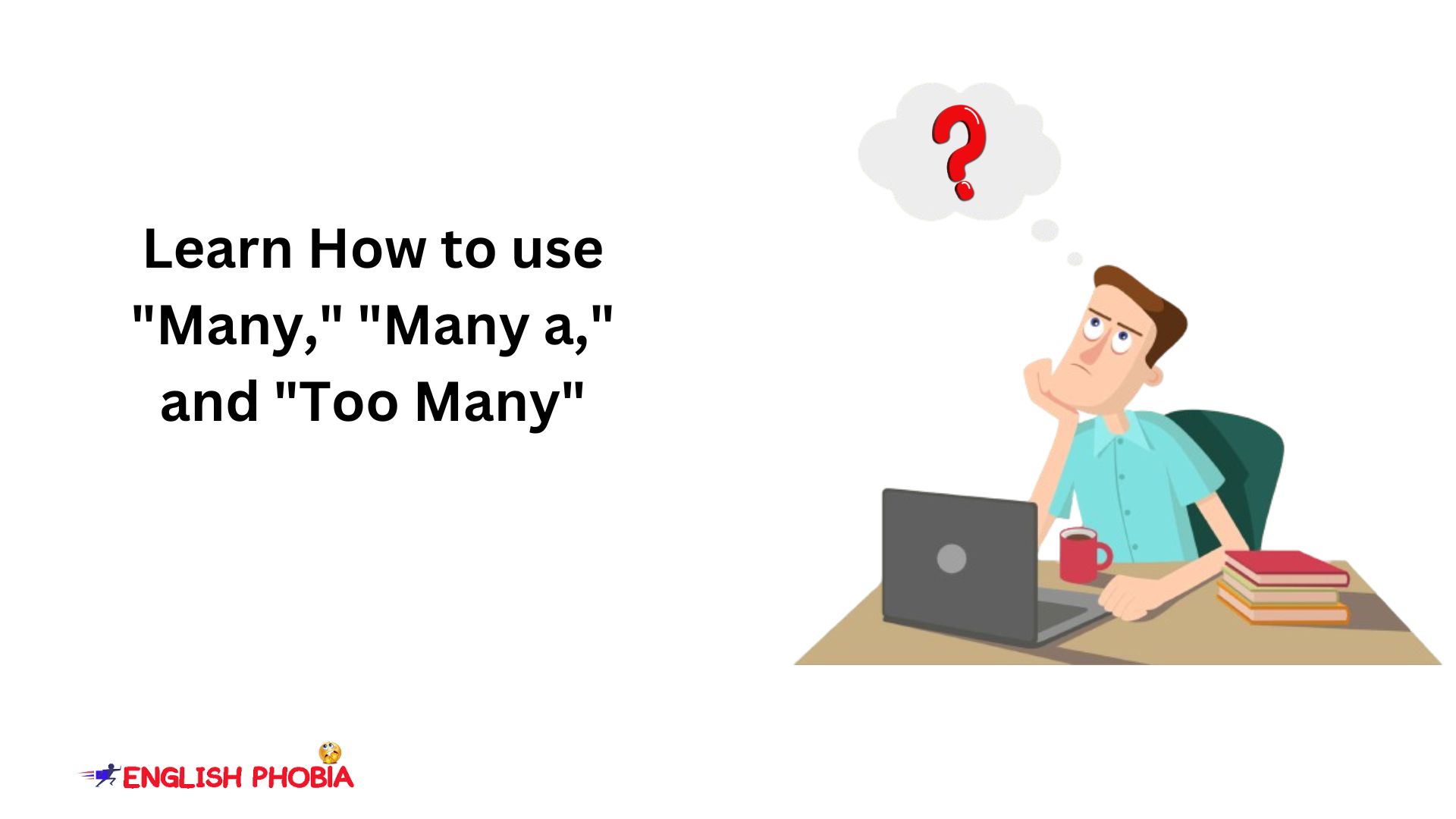This is the send and last part for the question tags rules and examples. The first part for question tags has already been posted in case you did read the same, you can go through it first to have a basic understanding of this chapter. There are certain indispensable grammar rules for grammatically usages of question tags rules with answers.
Rule 1 If the subject of any sentences matches with the below-written words then the subject of the question tag becomes as just as mentioned in the list.
Subject of statement subject of tag
This it
That it
These they
Those they
One One
There there
It it
For an example
(i) This is my pen.
This is my pen, isn’t it?
Subject of statement subject of tag
(ii) There is a cow in the field.
There is a cow in the
field, isn’t there?
Subject of statement subject of tag
(iii) Those are late comers who are standing aside. Those are late comers who are standing aside, aren’t they?
Rule 2 If the statement has demonstrative distributive adjectives with it then the subject of the question tag should be chosen as per the number, gender, and person of the noun being qualified by the adjective.
For example
(i) This girl was dancing
This girl was dancing, wasn’t she?
Demonstrative adjective noun subject of tag
(3rd person, feminine, singular)
(ii) One man can do this.
One man can do this, can’t
Distributive adjective noun (III person, masculine, singular)
He ?
Subject of tag
Rule 3 If the subject of the statement is an indefinite pronoun then the subject of the question tag will be ‘they’.
Indefinite Pronouns: (Someone, anyone, everyone, none, no one, somebody, nobody, everybody)
For examples
(i) Somebody invited me.
Somebody invited me,
didn’t they ?
Indefinite pronoun
subject of tag
(ii) None can ruin me.
None can ruin me, can they?
Indefinite pronoun subject of tag
(iii) Someone invited me to his marriage respectfully, didn’t they?
(iv) Nobody replied the question asked by the teacher, did they?
(v) Everyone wants a peaceful life, don’t they?
None can ruin me, can they?
Indefinite pronoun subject of tag
Rule 4 If the subject of the statement is nothing, everything, something, or anything then the subject of
The tag will be ‘it’.
For example
(i) Everything is fine for me.
Everything is fine for me, isn’t it?
(ii) Nothing has improved.
Nothing has improved, has it?
(iii) Something will be good
Something will be good, won’t it?
Rule 5 some expressions that use objective case of the pronoun and are used as the subjects in the statement then the subject of the tag will be the subjective case of the pronoun.
For examples
(i) All of you are convict.
All of you are convict, aren’t you?
(ii) Noun of us have gone there.
Noun of us have gone there, have we?
(iii) Neither of them made mind to go out for a picnic.
Neither of them made mind to go out for a picnic, are they?
(iv) Some of us still like to hang out with one another.
Some of us still like to hang out with one another, don’t we?
(v) Any of you will go there and update me, won’t you?
Rule 6 statements that have begun with ‘let’ take their subject of tag in the different ways.
Statement with ‘let’ subject of tag
Let us we
Let him you
Let them you
Let her you
For example
(i) Let us go.
Let us go, shall we?
(ii) Let him dance.
Let him dance, will you?
Rule 7 if the imperative sentence is written with positive sense then the tag will be either ‘will you’ or ‘won’t you’.
Also, if the imperative sentence is written with negative sense then the tag will be ‘will you’.
For example
(i) Open the gate.
Open the gate, will you?
(ii) Open the door.
Open the door, won’t you?
(iii) Mind your business.
Mind your business, won’t you?
(iv) Don’t break the glass.
Don’t break the glass, will you?
Rule 8 if the imperative sentences express annoyance or irritation then the question tag is used as ‘can’t you’.
For example
(i) Shut up.
Shut up, can’t you?
(ii) Keep your mouth shut.
Keep your mouth shut, can’t you?
Work book exercise B
Complete the following question tag exercises.
1. There isn’t an answer,
_____________?
2. He’s really good looking,
___________?
3. It isn’t any good, _______?
4. There’s a pub on the comer,
________?
5. They weren’t enjoying it,
___________?
6. She isn’t here, yet ________?
7. It’s the last one, _________?
8. She’s leaving tomorrow,
__________?
9. It isn’t what we wanted,
____________?
10. He isn’t very happy with it,
_________?
This chapter is rather easy and enjoyable for everybody whether he is a beginner, intermediate or an advanced learner. This is such a useful lesson to use various expressions according to mood. This canadd one more feather in your cap in English grammar lessons. If you have any doubts, do let us know either by contact us page or comment us below. You feedback is highly valuable for us!












Great teaching
Helllo what is the tag question of this sentenence?
This man is a doctor,………..?
This man is a doctor, isn’t he?
Here “this” is a demonstrative adjective as it takes the noun “Man” and is a masculine gender. You can learn adjectives here in detail. https://englishphobia.com/adjective-meaning-and-examples
You can answer these questions based on the same rule.
This car looks new, _________?
These boys are not my friends,_______?
That girl came late, _______________?
In case, you have any doubts please do let us know. Thanks for asking us.
Thanks for your teaching